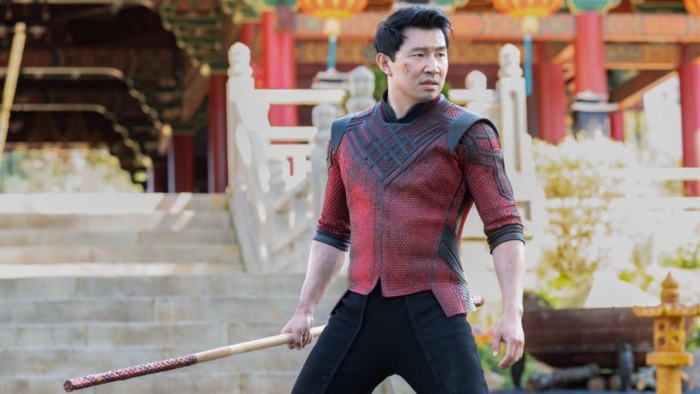Marvel Studios’ latest film, Shang-Chi and the Legend of the Ten Rings, could have been a very challenging film to produce. Utilizing two of Marvel Comics most-well known Asian characters, Shang-Chi (known to long-time fans as “The Master of Kung-Fu”) and Iron Man’s archfoe The Mandarin (the “real one” this time around), for a multi-million dollar project was a task with a number of pitfalls to avoid.
The eras that produced both characters (the ’60s for The Mandarin and the ’70s for Shang-Chi) were not known for their accurate representations of Chinese culture (especially in the case of The Mandarin, who was modeled after the “Yellow Peril” villains that populated even earlier comics and pulp magazines in the ’20s and ’30s), leaving some to wonder if a 21st century reclamation project was possible.
But, in the same way that Ryan Coogler took a much more “screen ready” character in the form of the Black Panther and created a modern cinematic world (and hit) around him, director Destin Daniel Cretton follows suit (with much less usable source material to work with) with Shang-Chi.
The comparisons to Black Panther are tough to avoid, and that is a good thing. Both films showcase engaging leads, strong, interesting supporting characters, and a plethora of villains that have the proper motivation and drive that makes them realistic and relatable at the same time.
Simu Liu is yet another rising star that Marvel picked at the exact right time to gain international fame and fortune for himself and the company, and he delivers as the unassuming, guilt-ridden Shang-Chi. He certainly pulls off the fight scenes in a dramatic, exciting fashion, but if the audience didn’t have a soft spot for Shang, they movie would not work, especially with all of the baggage that he carries from his childhood trauma. And surprisingly, unlike most Marvel heroes of late, he does not try to win over the audience by cracking jokes throughout the entire film, instead saving those few moments so they land naturally, and so they don’t take away from his heartfelt performance.

Liu is also surrounded (and supported) by strong female castmates Awkwafina, Meng’er Zhang, Michelle Yeoh, and Fala Chen, with each providing a different element (and personality) to the film. Awkwafina’s Katy is the comic relief and best friend and she delivers the jokes with ease and also does some of her best acting in the scenes when she is trying to act as Shang-Chi’s conscience. Meng’er Zhang is the no-nonsense sister who feels betrayed by her brother and lets him know it. Yeoh and Chen act as Shang’s mentors as his aunt and mother respectively (and both do great work in the martial arts scenes as well). The sum of all of these parts (as they did in Black Panther) naturally communicate that Shang-Chi wouldn’t be the hero he becomes without them, while at the same time, giving each woman their time to shine as heroes in their own right.
When it comes to villains, The Ten Rings has some memorable ones, but none stand out more than Tony Leung as Wenwu, Shang’s father and opposition. Leung is a veteran actor and brings the needed weight to the role, which never devolves into parody or dime-store villain antics. The best Marvel villains (or any villains for that matter) are characters that would have been heroes if not for some tragic misstep or flaw. Unfortunately for his family, Wenwu has both and his family (and countless others) pay the price for it. Leung’s portrayal of the ring-wielding conqueror (and, as an aside, I do wish they kept them on his hands like the comic-version) is, like Killmonger or Magneto, one whose motivation is easy to understand (particularly in one scene when he attempts to track down a rival with little Shang-Chi in tow).
The film also works because of all of the in-camera action scenes featuring Kung-Fu. Like the best fights from Netflix’s Marvel series or The Winter Soldier, it is clear that these fights are “real” and they do not rely on CGI. The CGI-effects do appear at points throughout the movie (especially when the heroes reach the mystical land of Ta Lo), but other than the bombastic climax, the focus is on the hand-to-hand wizardry (and hopefully will continue to be in an inevitable sequel).
Shang-Chi and the Legend of the Ten Rings stands on its own as another Marvel hit, with just enough references to former and upcoming Marvel Films to keep the hardcore fans engaged, without feeling forced and within the natural progression of the film.
It is clear that Shang-Chi will return in future Marvel projects, and Cretton’s film firmly establishes Shang-Chi and company as stars that viewers will want to see again and again.


